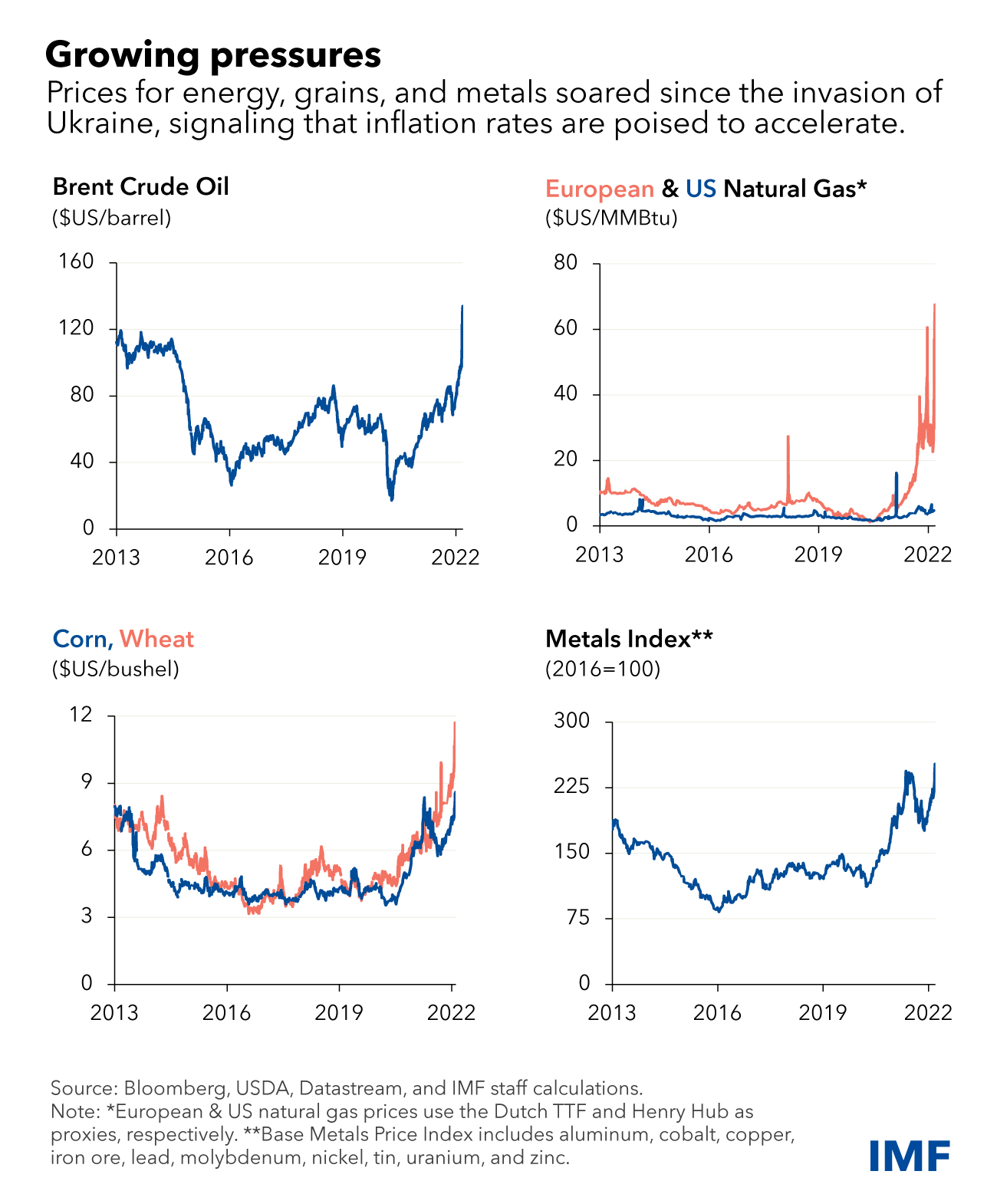Psychological Recovery
Global Conflicts’ Economic Fallout: Navigating Consequences

Global Conflicts’ Economic Fallout: Navigating Consequences
The echoes of global conflicts reverberate far beyond the battlefield, leaving a lasting imprint on the economic landscape. This exploration delves into the intricate web of economic consequences triggered by global conflicts and the challenges nations face in navigating their aftermath.
Destruction of Infrastructure and Economic Assets
One of the immediate economic consequences of global conflicts is the widespread destruction of infrastructure and economic assets. Wars often result in the bombing of vital transportation networks, factories, and communication systems. Rebuilding these structures requires significant financial resources, diverting funds that could be invested in economic development and growth.
Displacement and Humanitarian Costs
Global conflicts force millions to flee their homes, creating a massive refugee crisis with profound economic implications. The displaced population often strains resources in host countries, leading to increased demand for humanitarian aid. The costs of providing shelter, healthcare, and basic necessities to refugees contribute to a significant economic burden on both the affected and assisting nations.
Impact on Global Trade and Commerce
Global conflicts disrupt the flow of international trade and commerce, affecting economies worldwide. Trade routes may be compromised, and sanctions imposed on belligerent nations can lead to economic isolation. The resulting decline in global trade adversely impacts businesses, disrupts supply chains, and hampers economic growth in both conflict zones and beyond.
Shifts in Geopolitical Alliances and Trade Relationships
The aftermath of global conflicts often reshapes geopolitical alliances and trade relationships. Former allies may become adversaries, leading to realignments in international trade partnerships. Nations may need to adapt their economic strategies to navigate changing political dynamics, potentially leading to economic isolation or the forging of new alliances.
Debt Accumulation and Economic Strain
Financing global conflicts frequently involves taking on substantial amounts of debt. The accumulation of war-related debt places a severe strain on a nation’s economy. Servicing this debt diverts funds from essential public services, infrastructure development, and social programs, hindering long-term economic stability and growth.
Economic Inequality and Social Disparities
The economic consequences of global conflicts exacerbate existing inequalities and contribute to social disparities. War disrupts employment opportunities, leading to increased unemployment rates. Disruptions in education and healthcare further deepen societal divides, creating lasting economic challenges that persist long after the conflict has ended.
Environmental Degradation and Economic Impact
Global conflicts often result in environmental degradation due to factors like pollution, deforestation, and the use of destructive weaponry. The long-term economic impact of environmental damage is substantial, affecting agriculture, biodiversity, and public health. Mitigating these environmental consequences requires significant investment and poses additional economic challenges.
Reconstruction Efforts and Economic Recovery
Post-conflict reconstruction efforts are crucial for economic recovery. Rebuilding infrastructure, restoring social services, and creating a stable environment for businesses are essential components of recovery plans. The effectiveness of these efforts influences the speed and success of economic recovery in the aftermath of global conflicts.
Psychological Impact and Productivity Challenges
Beyond the physical destruction, global conflicts leave a lasting psychological impact on individuals and societies. Mental health challenges, trauma, and
